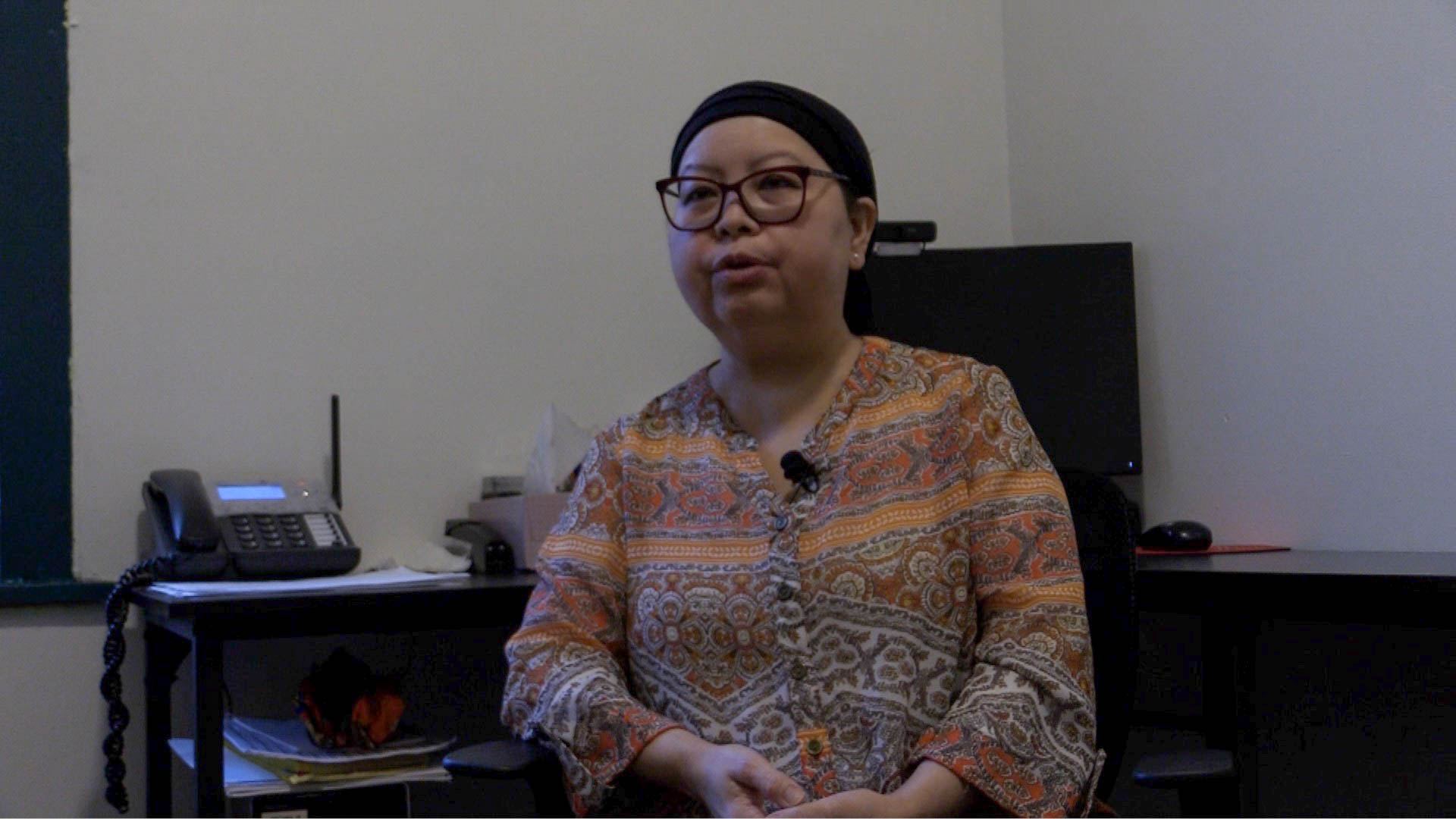A Silent Genocide from Pavement Pieces on Vimeo.
Ali Jafri last saw his uncle, Dr. Mohammad Jafri, in 1993. One year later Dr. Jafri was murdered at gunpoint by two men riding by on motorcycles, according to family members.
“I just couldn’t believe it,” Ali Jafri of Long Island, N.Y. said, “I mean he’s so young. He’s so loving. It’s just not possible and he has four children.”
Ali Jafri’s uncle was targeted because he was a Shia Muslim living in Pakistan. A small minority, Shias make up only 20 percent of Pakistan’s population. They have been targeted by extremist terrorist groups such as the Taliban, Siphah-e-Sahaba, and Lashkar-e-Jangvi, who have been persecuting the Shia for their beliefs. While this is not a new a problem in Pakistan, the number of killings have increased over the last two years.
According to Human Rights Watch, more than 800 Shias have been killed since 2012. In January and February of this year, a series of deadly bombings in the Northwestern city of Quetta killed over 150. In another bombing in March in the southern city of Karachi, over 40 people were killed, as reported by Pakistani media. Several more people were killed in a more recent bomb blast in Karachi in November.
Dr. Zaheer Jafri (no relation) is a cardiologist who resides in Monroe, N.Y. His older brother and cousin were killed in Quetta and another one of his cousins was killed last November in a bombing in Rawalpindi, a city located nine miles from the capital.
“It was really shocking news for me because I just met (my brother) six months ago and that was the happiest time for us,” he said. “Within two months, I lost three family members very close to me.”
Dr. Zaheer Jafri’s brother and cousins left behind their wives and several children. When he went to Pakistan to attend his brother and cousin’s funeral, he met many devastated families in Quetta who had also lost family members.
“The people of that city were very sorrowful,” he said. He saw families sitting outside for three days with the dead bodies of their loved ones, refusing to bury them in an effort to pressure the government to address the situation.
The persecution of Shias in Pakistan has ignited a cry of outrage in the Pakistani-American Shia community. Rallies and protests were held earlier this year in many cities including New York City, Washington D.C., Chicago, Atlanta and Dallas.
Many blame the Pakistani government for not providing enough security and protection for Shias and also for failing to bring the terrorists responsible to justice.
“They should be dealt as criminals and they should be prosecuted as well as put in jail, so further incidents should not happen,” Dr. Zaheer Jafri said.
The Al-Khoei Foundation is one of the largest non-profit Shia Muslim organizations in the world. The branch located in Jamaica, Queens has been active in raising awareness about the Shia genocide as well as raising money for victims of anti-Shia violence.
“It’s an ideological war against not just the Shia, but against everyone who loves freedom, who believes in freedom of speech and being able to express and profess your faith the way you want to,” said Meesam Razvi, a United Nations representative for the foundation.
Razvi has brought up the issue during meetings at the U.N., but said there is very little that they can do in terms of putting a stop to the genocide. The U.N. can pass resolutions, but they do not have much power to enforce them.
“I think it really comes down to individual countries as to how they enforce their obligation of protecting the fundamental human rights of minorities living among themselves,” he said.
Razvi has also met with Pakistani ambassadors in Washington D.C. to discuss the issue, but said their attitude has been “unresponsive”.
“We’ve found them to be very complacent,” Razvi said. “They’ve hardly ever done anything about it.”
Ali Jafri, a Canadian who relocated to Long Island several years ago has had a different response to the genocide. Instead of participating in rallies and protests, he practices yoga and writes poetry, which help him deal with his feelings about the issue.
“I feel like yoga is a release for me and it also reminds me that those people who killed my uncle and those people who kill anybody, they’ve just forgotten who they are,” he said.
Ali Jafri believes that if people practiced yoga, they would not be prone to violence.
“Because if they were really tapped in to who they really are, they would never want to harm anything or anybody regardless of religion, belief, race, gender, sexual orientation – anything, so yoga has been a huge therapy for me and poetry allows me to express any anger or frustration that I have.”
Dr. Zaheer Jafri makes donations to the families of victims. He said that many of the people who have been affected especially those residing in Quetta are quite poor and have lost the main bread winner of their family, leaving many widows and orphans to fend for themselves.
Dr. Zaheer Jafri is also a member of Imamia Medics International (IMI), an organization of doctors based in Princeton, N.J. IMI has helped pay for school fees, books, and clothing for the children of victims. IMI members have also traveled to Pakistan after some of the bombings took place to help the wounded.
Even as the violence against Shias in Pakistan continues everyday, both Ali Jafri and Dr. Zaheer Jafri remain hopeful that a day will come when this oppressed minority group can live more peacefully.
“Hope is always there,” Dr. Zaheer Jafri said. “Whether it will change or not is yet to be seen.”


Comments
Thank you for reporting on the silent genocide of Shias in Pakistan.
Thanks for sharing our families pain